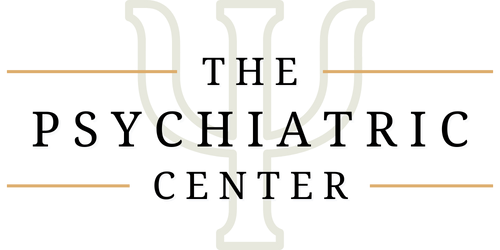Bipolar Disorder
Navigating mood shifts with stability, support, and evidence-based care.
What is Bipolar Disorder?
Bipolar disorder is a mood condition marked by cycles of depression and elevated or irritable mood (called mania or hypomania). These shifts can be subtle or dramatic, but they’re not just “mood swings.” They’re changes in energy, sleep, behavior, and thinking that can disrupt your life.
There are several forms of bipolar disorder:
- Bipolar I (at least one manic episode, often with depression)
- Bipolar II (hypomania and depressive episodes)
- Cyclothymia (frequent mood fluctuations, less severe)
- Other Specified Bipolar Disorders (mixed or atypical presentations)
How Bipolar Can Present Differently
Adults
In adults, symptoms may include:
- Periods of high energy, less need for sleep, racing thoughts
- Impulsivity or risky behavior (spending, substance use, unsafe sex)
- Irritability or grandiosity
- Followed by periods of low energy, guilt, hopelessness, or suicidal thoughts
Many adults are misdiagnosed with depression or anxiety before bipolar disorder is correctly identified.
Young Adults & College Students
Signs in this population often appear as:
- Rapid changes in behavior, energy, or motivation
- Creative bursts or “overachieving” phases followed by burnout
- Trouble maintaining routines, relationships, or academics
- Misuse of stimulants, alcohol, or cannabis to regulate mood
Bipolar symptoms can be mistaken for ADHD or normal stress if not assessed carefully.
Women & Hormonal Cycles
Hormonal changes (e.g., postpartum, perimenopause) may intensify bipolar symptoms:
- Increased sensitivity to mood destabilization
- Postpartum manic or depressive episodes
- Rapid cycling or mixed states
We offer gender-informed care and can coordinate with OB/GYNs when needed.
Our Treatment Approach
Bipolar disorder requires accurate diagnosis, patient education, and thoughtful planning. At TPC, we provide:
- Comprehensive psychiatric evaluation and diagnostic clarification
- Ongoing medication management with mood stabilizers and adjuncts
- Therapy focused on sleep regulation, routines, and relapse prevention
- Education on early warning signs and triggers
- Collaborative care for medical or substance use concerns
Stability is possible — and we’re here to help you build it.
FAQs – Bipolar Disorder
- How is Bipolar I different from Bipolar II?
Bipolar I includes full mania; Bipolar II involves hypomania (less severe) and more depression. - Can I have bipolar disorder without extreme highs?
Yes. Some people have “mixed states” or rapid cycling that can feel confusing or overwhelming. - Is medication always needed?
In most cases, yes — but treatment is personalized and focused on side-effect minimization and quality of life. - What if I’ve been misdiagnosed with depression?
We specialize in diagnostic clarification, especially when past treatments haven’t worked.
✅ Start With Clarity, Stay With Support
📞 Call Us: (478) 745-9206
📍 3100 Ridge Ave, Macon, GA
🗓 Appointments within 1–2 weeks
Schedule an Evaluation →
Explore Medication Management →
View All Conditions →
